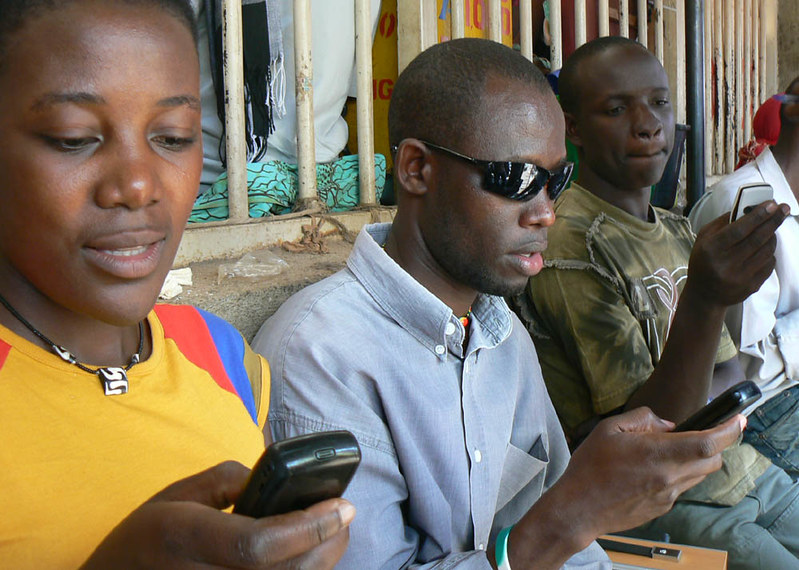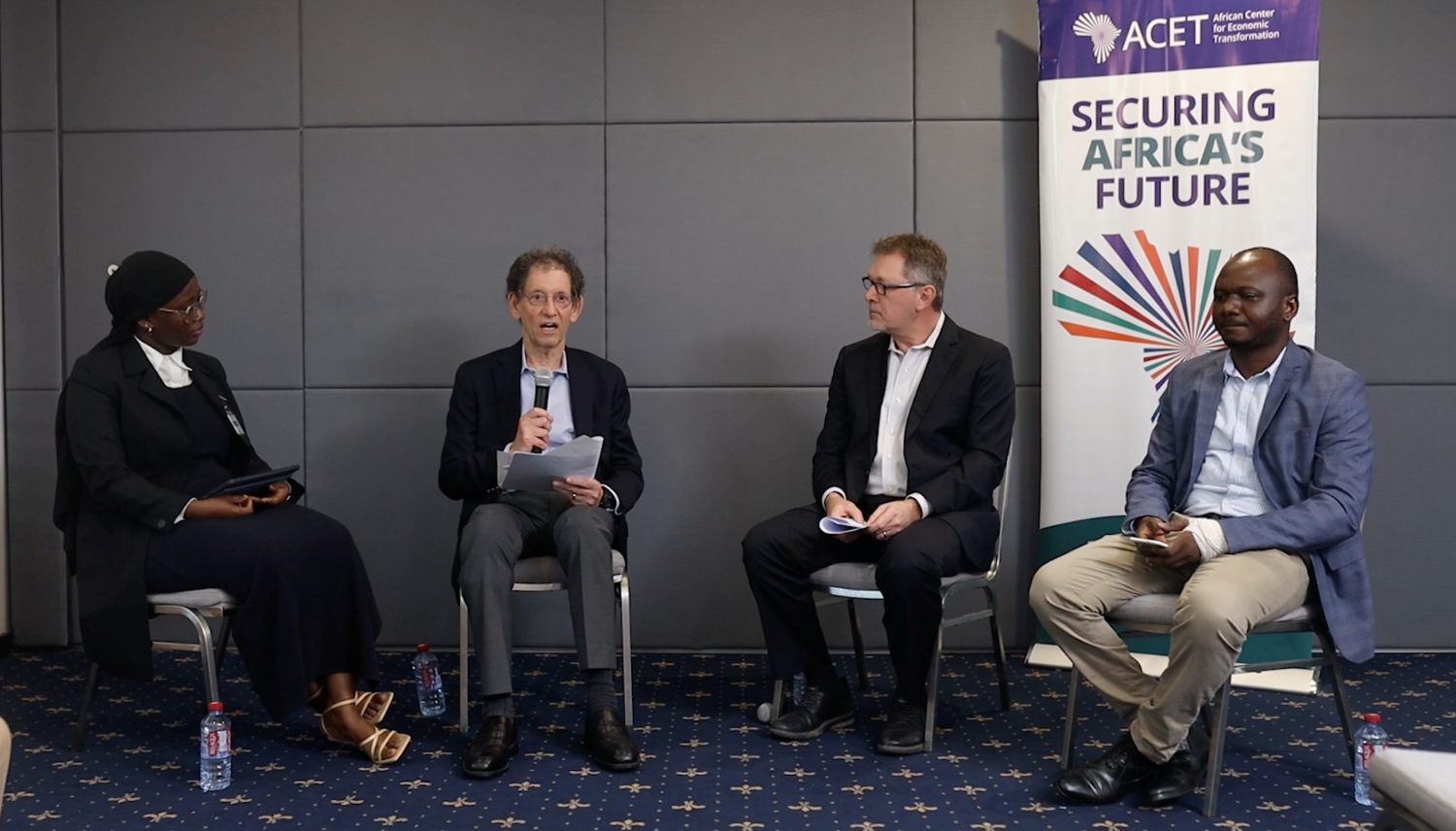Two weeks ago, UN Women entered into an agreement with Uber, the taxi app, that would see the two organizations working together to get one million women worldwide to sign up as taxi drivers by 2020. Then, last Friday, Phumzile Mlambo-Ngcuka – UN Women’s Executive Director pulled out of the deal.

The International Transport Workers’ Federation had mounted a #UNWomenDumpUber campaign that worked (apparently). Brigitta Paas, ITF vice president, suggested the jobs were “likely to be insecure, ill paid, and potentially unsafe.” The ITF statement launching the campaign suggested amongst other issues that “[b]y classifying drivers as ‘independent contractors’, Uber denies them basic protections, from minimum wage pay to health care and other benefits on the job... The creation of one million precarious, informal jobs will not contribute to women’s economic empowerment...”
I’m sorry to see the UN Women partnership end, for four reasons. First off, the transport sector is one of the worst when it comes to gender inequality: statistics on the issue are terrible, but in the EU, only 21% of the transport services labor force is female.
In part that disparity is because the sector is rife with laws that simply ban women from getting jobs -- Russia bans women freight train conductors; deckhands; longshoremen; and train controllers for example. In part it is because of sexism. And surely in part it is also about safety concerns. But that last issue is a second reason to think that an Uber-UN Women partnership might make sense. Compared to a traditional taxi system where drivers pick up at random and passengers can pay in cash, Uber at least ensures that every driver (and the company) knows who is taking and paying for the trip –it is recorded as part of the transaction on the application. For that reason, driving an Uber car should be safer than driving a regular taxi.
A third reason I’m sad to see the agreement cancelled is that a million is a lot of jobs. It is true working for Uber is contract-based rather than regular employment. Doubtless the positions would appeal to few women who were already in full-time stable jobs with heath care, guaranteed pay and other benefits. But, of course, the vast majority of women working in the developing world aren’t in such jobs. Many are engaged in far less lucrative and less safe activities than driving a cab. So perhaps some of them would feel economically empowered by the new jobs on offer. At the very least it might be worth finding out rather than assuming the opposite on their behalf. And perhaps UN Women could have helped increase the impact of those one million jobs by helping some of those who would benefit the most apply, or working with Uber to make drivers safer still.
A final reason for disappointment: this is the year we are going to agree Sustainable Development Goals. Everyone involved accepts that the private sector is going to have a huge role to play if we are going to deliver on those goals --particularly when it comes to employment. And development partners are searching around for good examples of collaboration between governments, aid agencies and multilateral organizations to maximize the development impact of private investment. Doubtless Uber will create many of the jobs anyway, and the impact of the UN Women partnership might have been small. Perhaps it would have failed altogether. But maybe it could have been a model of success in the area. Now we’ll never know.
CGD blog posts reflect the views of the authors, drawing on prior research and experience in their areas of expertise.
CGD is a nonpartisan, independent organization and does not take institutional positions.





